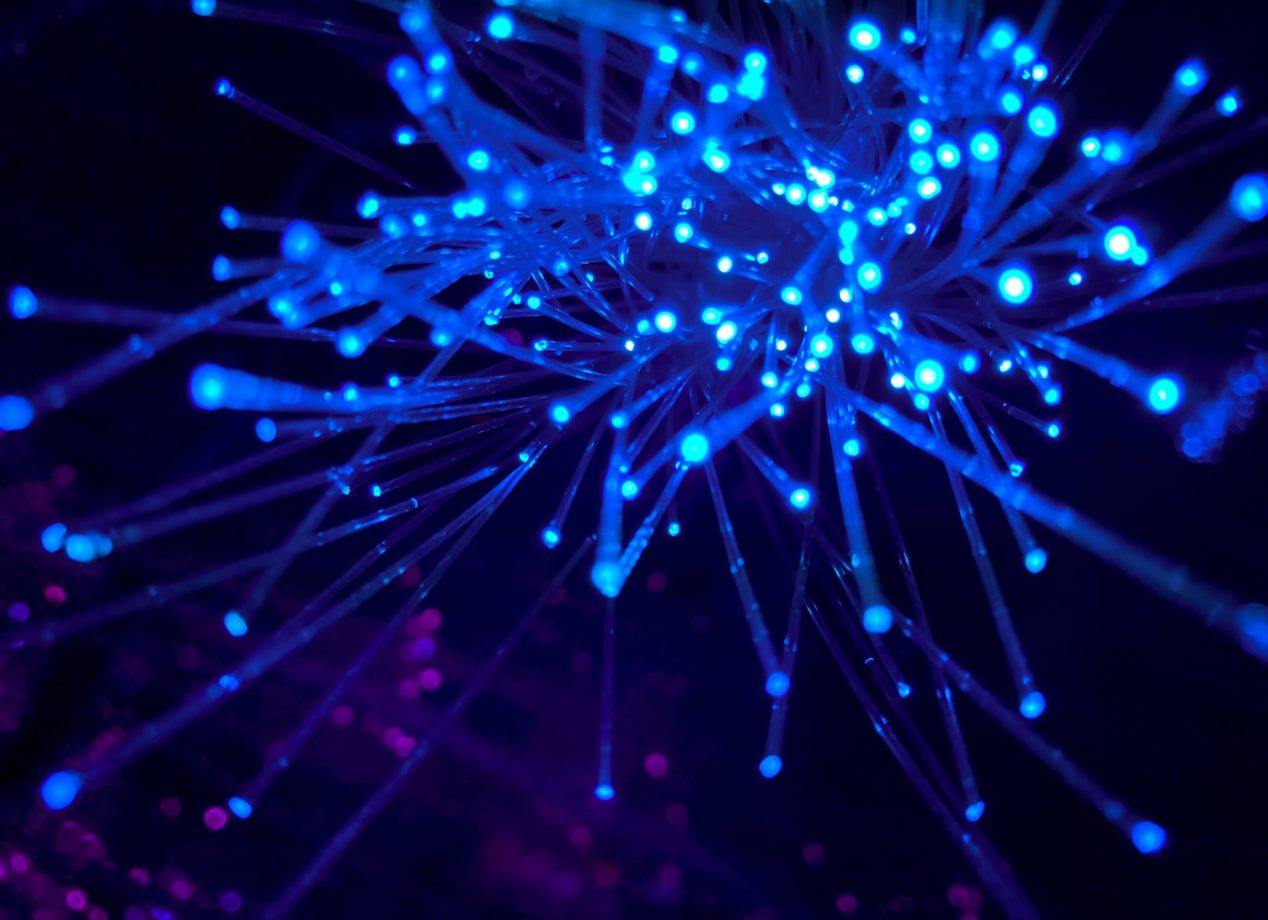From virtual reality to NFTs, augmented reality, and more - the art world is constantly in flux as new technologies continue to push the boundaries of art.
We've rounded up some of the technologies poised to transform the art world, plus MA faculty Gareth Fletcher shares his insights on the recalibration of the art world as we know it.
Augmented Reality
Known as “extended reality” or “mixed reality”, Augmented Reality integrates select digital imagery into the tangible world through the screen of a handheld device or wearable tech. Unlike Virtual Reality, it doesn’t require the user to choose digital experience over physical, it merges both into a single enhanced environment. The presentation of artwork through AR can also be adapted as a less expensive option for art buyers to see how the artwork would look installed in their homes which would help them make decisions on a purchase.
Interactive Holography
Portable, on-demand production of life-size, full-body holograms enables individuals to engage with audiences around the world from a nearby location, at a level of sophistication unattainable by old-school video conferencing. Educators will be able to do a single presentation simultaneously in different cities with it being recorded and replayed for future uses.
Non-Fungible Tokens
Unique alphanumeric codes certify ownership of a digital asset or physical object via the decentralized security and unbreakable provenance of blockchain. They have been so far primarily used to manufacture scarcity in digital assets. In the future, the technology will be made more accessible through ready-made NFT platforms, which make building custom smart contract NFTs easier and more accessible to people who don’t have coding knowledge.
Digital Self Determination
Web3 is the next phase of the internet revolving around self-determination and wide adaptation of user-controlled personal information. Ideas such as encrypted messaging and introducing glitches to the images to disrupt facial recognition algorisms from recognizing you, help users regain control in the online world. This will not only prevent global platforms from relying on collecting user data in pricing and promotion decisions to achieve surveillance capitalism, but also control the biased label the internet has given you through only uploading a selfie.
